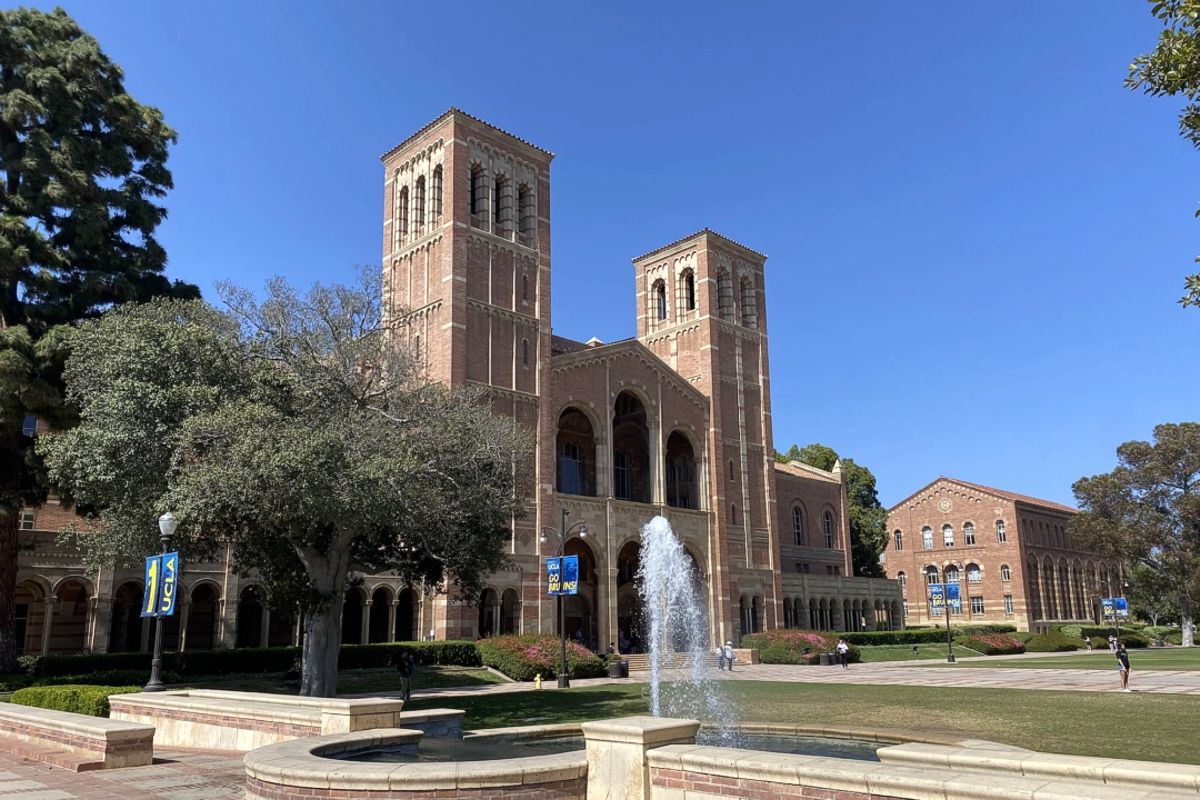The judge said Lindsey Halligan’s appointment violated federal law.
A federal judge on Nov. 24 dismissed indictments of former FBI Director James Comey and New York Attorney General Letitia James, holding that the prosecutor who brought the indictments was invalidly appointed.
Judge Cameron McGowan Currie of the U.S. District Court for the District of South Carolina said “all actions” flowing from the appointment of Lindsey Halligan, whom the Trump administration named as interim U.S. attorney for the Eastern District of Virginia, were “unlawful exercises of executive power and are hereby set aside.”
Currie dismissed the indictments without prejudice, but the statute of limitations has already passed for Comey’s case. In a footnote, Currie indicated that the Justice Department could not bring a similar indictment against him. She said that although valid indictments typically toll, or suspend, the statute of limitations, “there is no legitimate peg on which to hang such a judicial limitations-tolling result” with a void indictment.
After Currie’s decisions were released, White House press secretary Karoline Leavitt said during a press gaggle that the Justice Department would be appealing.
While speaking on Fox News, Leavitt said she thought that Halligan was “extremely qualified” and accused Comey of lying to Congress. She also suggested that Comey should “pump the brakes on his victory lap.”
Comey had posted a video to Instagram stating that he was grateful for Currie’s ruling, describing the case as “a prosecution based on malevolence and incompetence, and a reflection of what the Department of Justice has become under Donald Trump.”
James similarly posted about the ruling on Instagram. “I am heartened by today’s victory and grateful for the prayers and support I have received from around the country,” she said. “I remain fearless in the face of these baseless charges as I continue fighting for New Yorkers every single day.”
The Justice Department had argued that even if Halligan’s appointment were invalid, the indictments should stand because they were approved by Attorney General Pam Bondi. Currie rejected that premise and described Bondi’s attempts to ratify Halligan’s actions as “ineffective.”
Currie’s decision focused on 28 U.S. Code Section 546, which allows interim attorneys to serve for 120 days, further providing that district courts “may appoint” a U.S. attorney to fill vacancies at the end of that timeframe if the Senate has not already appointed a replacement.
During a hearing on Nov. 13, the Justice Department argued that the law did not confine the attorney general to an initial 120 days for appointing prosecutors. Rather, it said, the law allowed for successive appointments of attorneys who would each have 120-day limits on their time in office.
By Sam Dorman







